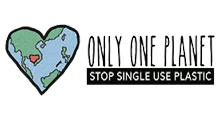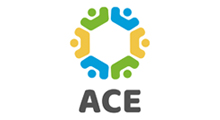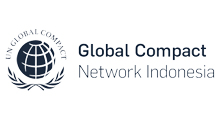Only One Planet Cambodia
Only One Planet Cambodia is a social enterprise that sells eco products such as Bio-Boxes (food packaging) made from all natural ingredients, and ceramic, glass, and stainless-steel wares. Profits are channeled to promoting and supporting various eco actions in Cambodia.
Business Case






















